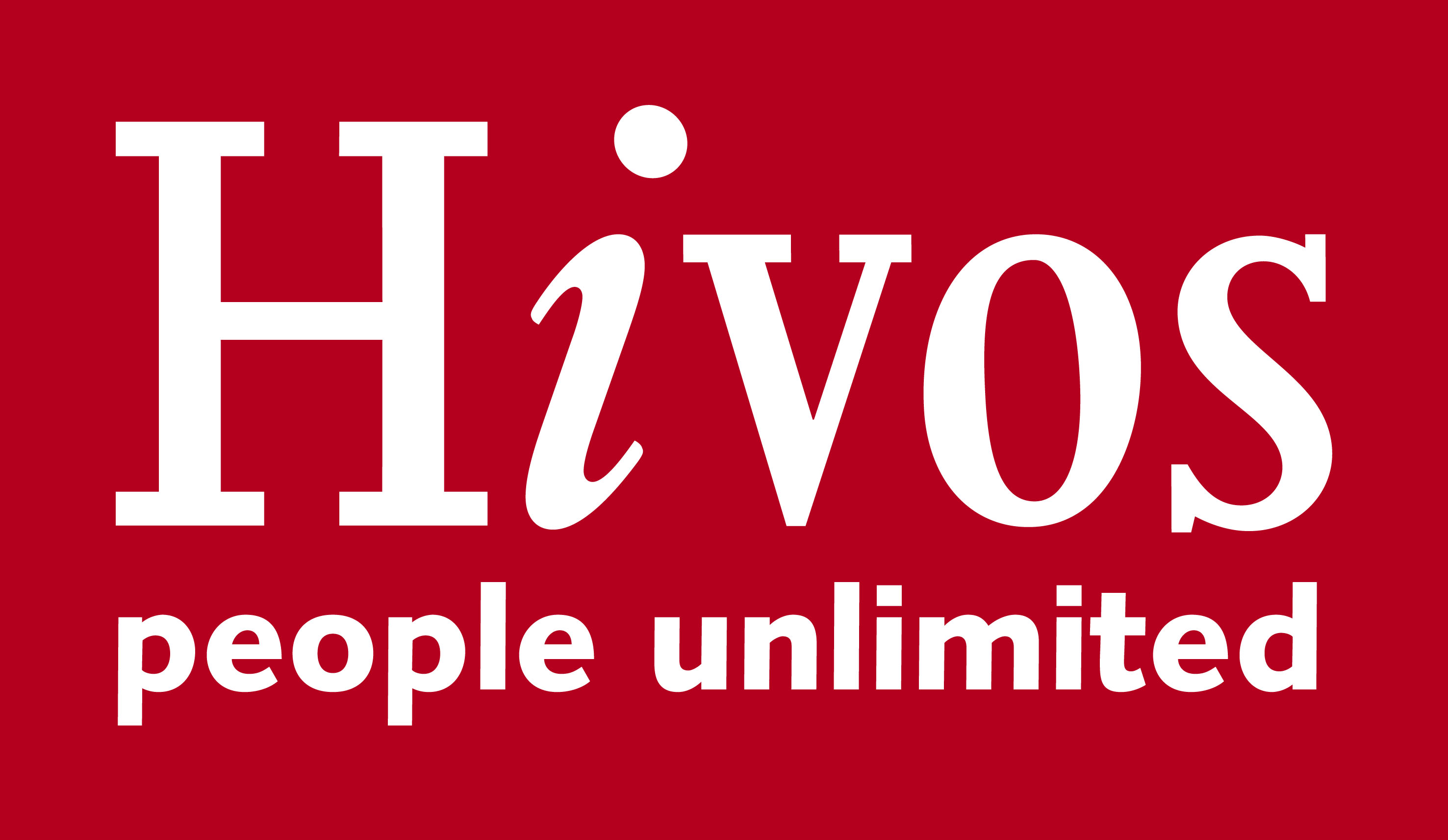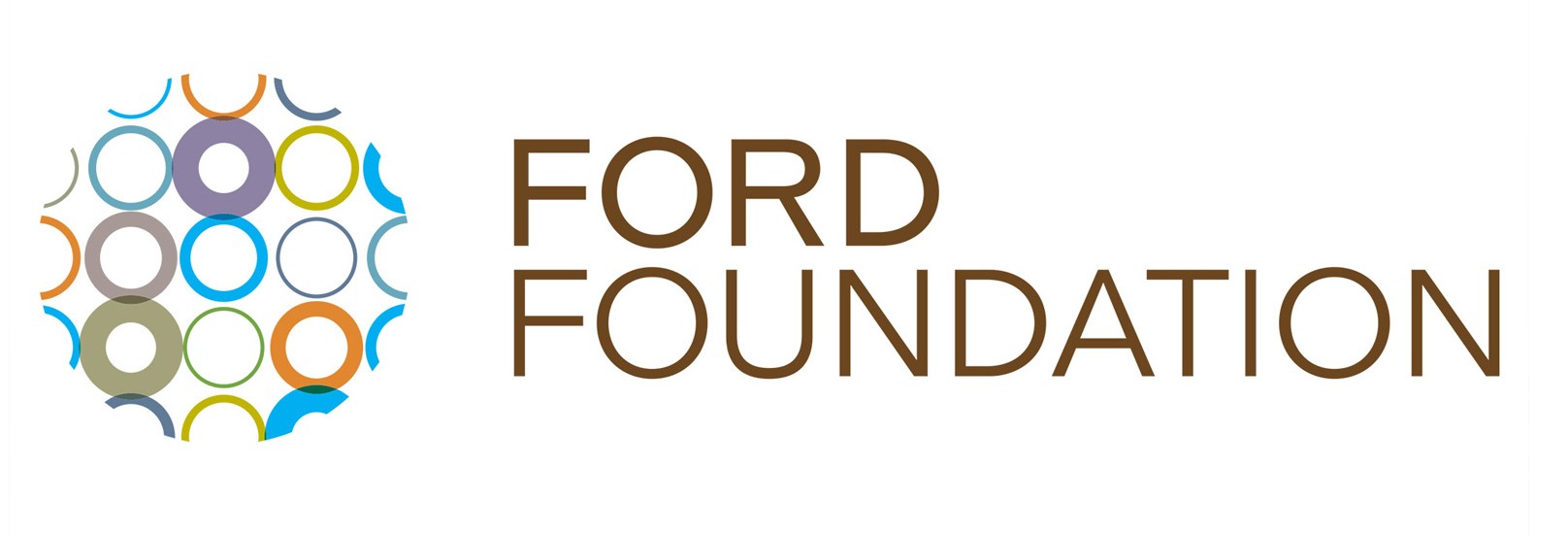About the Video4Change Network
Founded at a meeting in 2012 in Indonesia, the Network has evolved to develop a formal governance and membership structure, as described in our Governance Document. There are currently 18 Network Partners and Affiliates.
The Network aims to maximise the collective learning, resources, and experiences of its members to build spaces where those seeking to use video as a tool for change – video activists and trainers, citizen journalists, organisations, and individuals – can access resources and strategies to improve their work and initiatives.
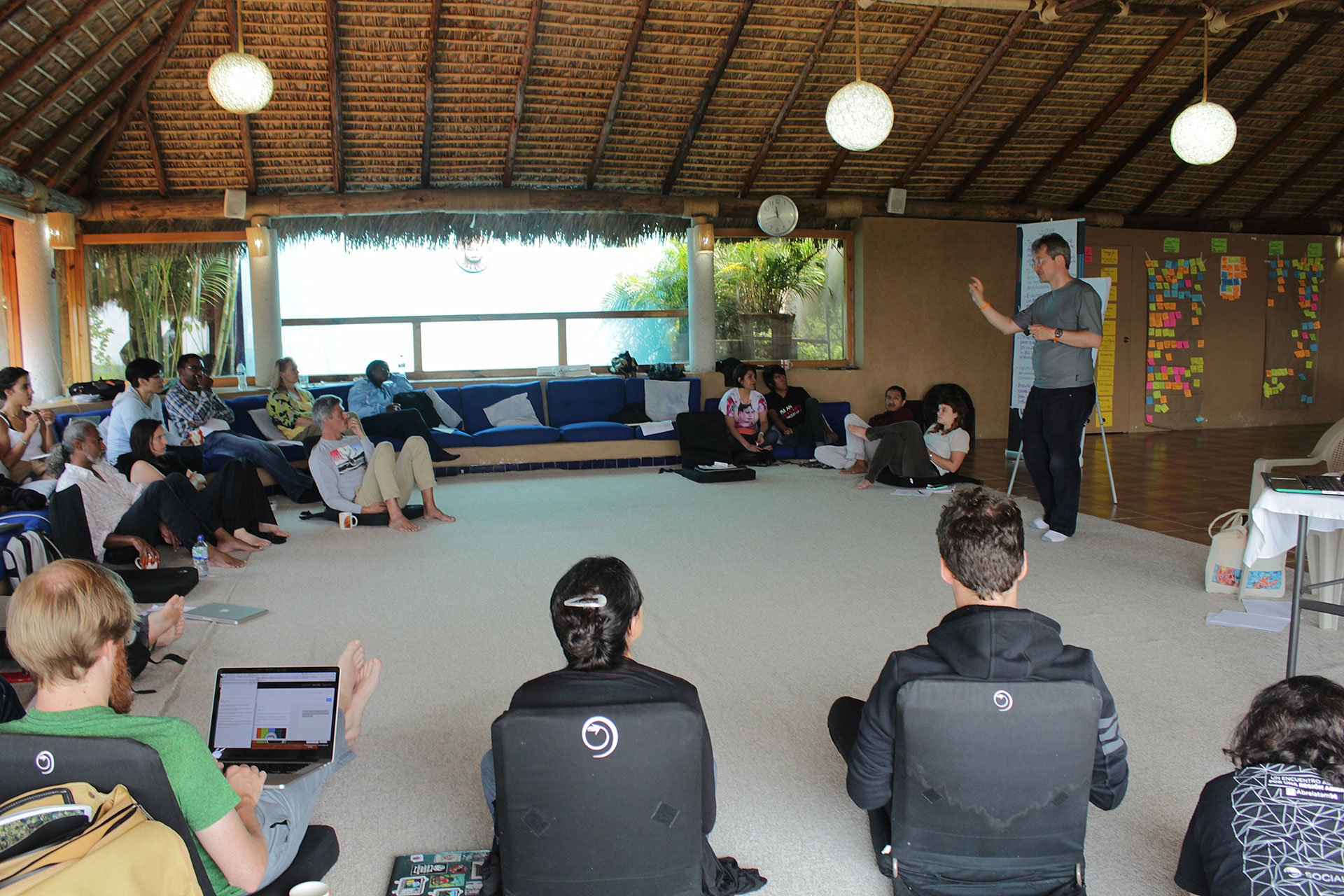
Network Goals
- Build Mutual Support and Exchange. The Network develops peer-support, learning, and knowledge exchange online and via global and regional convenings. It actively curates, creates, and promotes learning resources with other network members and Video for Change practitioners.
- Support Projects and Collaborations. The Network supports a variety of partnerships and projects between members, within the network and beyond, developing new initiatives and leveraging our collective fundraising capacity.
- Expand and Influence the Field. The Network does advocacy on key Video for Change issues, builds the profile of Video for Change, connects grassroots video content to larger audiences, and influences the broader social change and human rights field.
- Build the Reputation of Video for Change. The Network develops the legitimacy and standing of Video for Change as a critical social change and human rights practice.
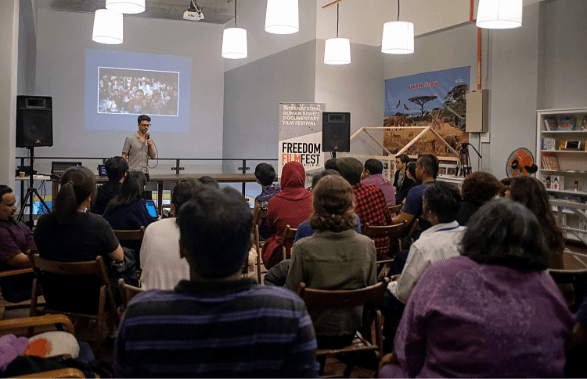
- Producing a Video for Change Impact Toolkit in English and Bahasa Indonesia
- Hosting three global convenings in Indonesia, Mexico and Sri Lanka (full list of all convenings)
- Creating a training materials database
- Building a network platform and website
- Producing a series of guides, including for archiving, and Burmese and Arabic translations
- Hosting a series of regional convenings in South-Africa (2019), Mexico, Indonesia, South-Africa (2014), Brazil, and Turkey.
- The Network is convened by EngageMedia.
What is Video for Change?
Video for Change refers to the use of video as an approach to support social movements, document rights violations, raise awareness and share new knowledge on social or environmental issues, or to otherwise contribute to social change. The term is an umbrella for a diverse range of video-making styles and approaches. Individuals or organisations who adopt the Video for Change framework are called Video for Change practitioners.
Video for Change emphasises the engagement of, and participation by, affected communities. These are groups of people who are disadvantaged, marginalised, or negatively impacted by a set of policies, practices, or conditions. The emphasis on engagement, participation, and co-creation differentiate Video for Change from traditional journalism or feature documentary. Read more about Video for Change.
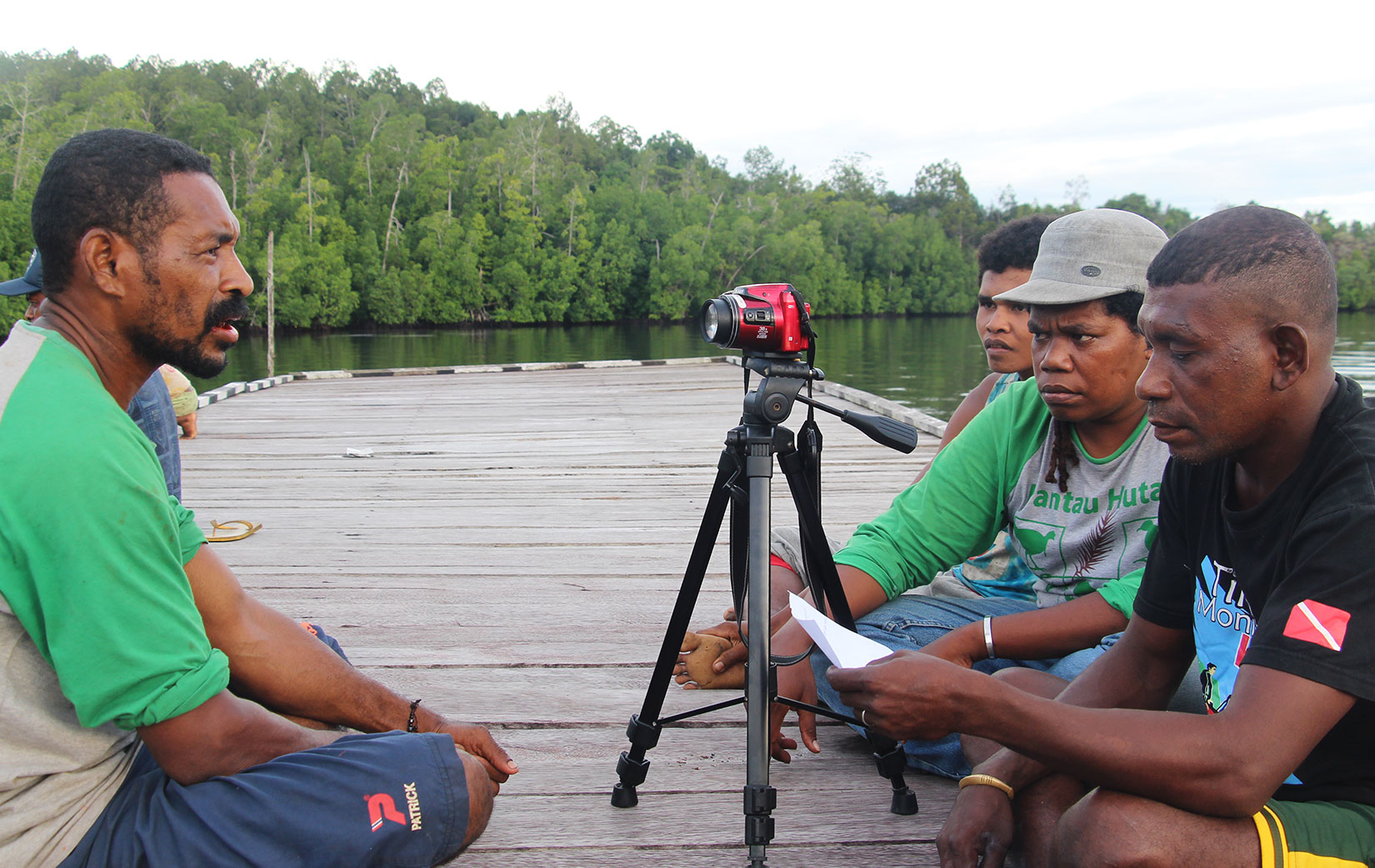
Applying for Network Membership
The Network is open to applications for membership. Please contact us should you wish to join. Benefits of membership include:
- Being part of a peer network of support and exchange
- Increased opportunities for collaboration, learning, and knowledge sharing
- Access to a wide range of knowledge and expertise
- A strengthened organization profile
- An opportunity to contribute to shaping the strategic direction of the Network and the Video for Change field
- Sharing and collaboration on funding opportunities
- Ability to use the Video4Change Network name
- Invitations to regional and global Network convenings
- A platform to build collaborations with leaders in the field
Fees range from $75 to $1000 per year, depending on the annual turnover of the organisation and the type of membership (Partner or Affiliate).
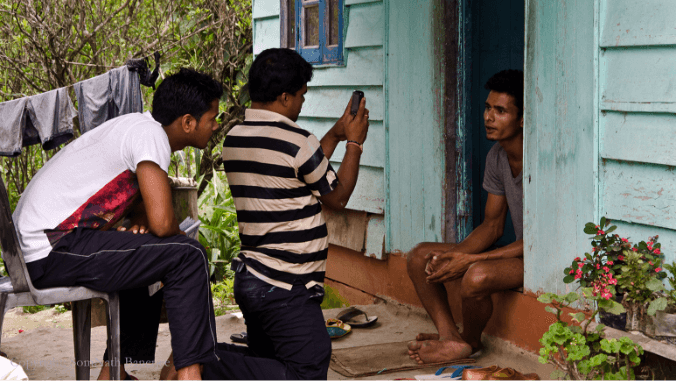
Community Participation Guidelines
The Network has established a set of Participant Guidelines that regulate how members participate.
Contact
To learn more about the Network, please get in touch with us at [email protected].
Support
Support for the Network has come from the Ford Foundation, Hivos, Internews, the Oak Foundation, the Bertha Foundation, and the Open Society Foundations.

